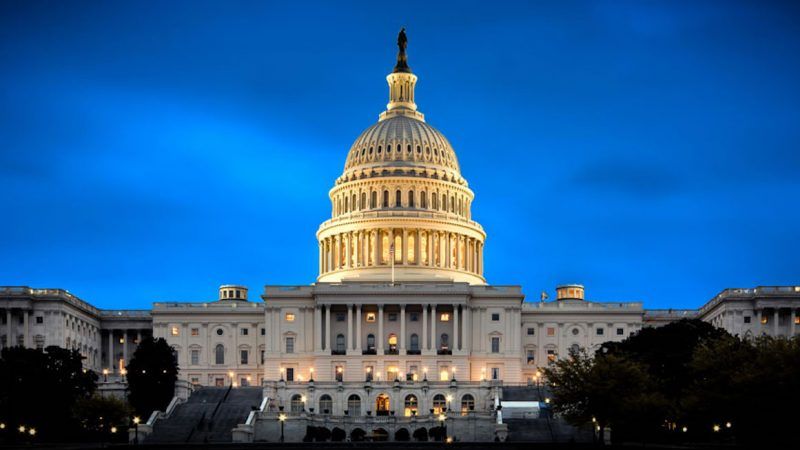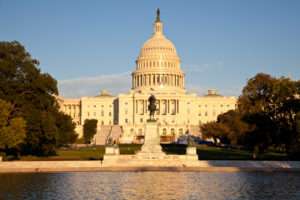Senate Parliamentarian Rejects Dangerous Provision of "Big Beautiful Bill" that Undermines Judicial Protection for Constitutional Rights
The parliamentarian ruled it cannot be enacted as part of a reconciliation bill not subject to the filibuster.


In two previous posts, I critiqued a dangerous provision of the Senate version of Trump's "Big Beautiful Bill," which - if enacted - would severely undermine judicial protection against unconstitutional federal government actions (see here and here). In the process, I highlighted critiques by Arizona Supreme Court Justice Clint Bolick, and a coalition of conservative and libertarian public interest groups, led by the Firearms Policy Coalition. The provision would require litigants seeking preliminary injunctions against illegal federal government actions to post potentially enormous bonds.
Fortunately, the Senate parliamentarian has now ruled that this provision cannot be enacted as part of a reconciliation bill exempt from Senate filibuster rules:
A U.S. Senate official has concluded that a Republican-drafted provision in President Donald Trump's massive tax and spending bill that would restrict the ability of judges to block government policies violates budgetary rules.
The Senate's parliamentarian, Elizabeth MacDonough, advised over the weekend that the provision ran afoul of a Senate rule governing what can be included in budget reconciliation legislation that can be passed with a simple-majority vote and would instead need to be subject to a 60-vote threshold if it remained in the bill.
Republicans, who control the Senate 53-47, intend to use complex budget rules to pass the so-called "One Big Beautiful Bill Act" with a simple majority vote.
The parliamentarian is a nonpartisan referee. Her decision could spell doom for the provision's inclusion in the ultimate legislation Congress passes because it would allow Democrats to challenge the vote on the floor and require Republicans to muster 60 votes to pass it. Congressional leaders hope to enact the overall bill in the coming days so Trump can sign it into law before July 4.
The GOP-controlled Senate could potentially override the parliamentarian on a majority vote. But, at least at this point, they do not seem to have any plans to do so. If they don't, that spells the end of this dangerous proposal - at least for now. There is virtually no chance it could secure the 60 votes needed to enact it as stand-alone ordinary legislation.
